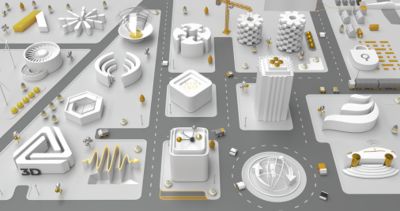Overview
Electric motors represent 45% of global electrical use, and the absolute value of electric energy is expected to increase significantly with the ongoing transformation of the transportation sector. This also accounts for 15% of annual greenhouse gas emissions. On the other hand, the industry has evolved its practice in designing electric motors, moving away from siloed analyses, and embracing multi-physics optimization for improved cost, environmental, noise, or size characteristics.
Join this webinar to learn how to engage your students on this topic, which will motivate them to address SDG #13 while expanding their knowledge and understanding of different physics: structures, electric, thermal, and fluids.
This series of teaching webinars supports the urge to act and prepare students to contribute to the UN’s sustainable development goals. Incorporating the skills to design products or solve complex problems, which take into account such frameworks, is not an easy task for traditionally technical knowledge and skills-focused engineering courses. In this webinar series, we will address a selection of sustainable development concepts relevant to engineering practices and look to illustrate their industrial application with Ansys simulation tools. The benefit of visualizing and understanding both – theoretical fundamentals and their applications - will be a common thread in all the sessions.
Each webinar is independent in terms of content, but we invite you to register for all our sustainability-themed teaching webinars – the series includes:
What attendees will learn
- Learn how to contextualize to students the importance of electric motor design when addressing SDGs and climate change
- Hear about the evolution of electric motor design in transportation or wind turbine industries from sequenced to multi-physics optimization and how it impacts the skills required
- Discover how Ansys Motor CAD allows users to combine physics in FEA and explore design space
- Implement the optimization strategy with Ansys optiSLang
Who should attend
Educators teaching in mechanical, automotive or electrical engineering degrees. Additionally, engineers and students interested in these topics will find value.
Speakers
Nicolas Rivière










